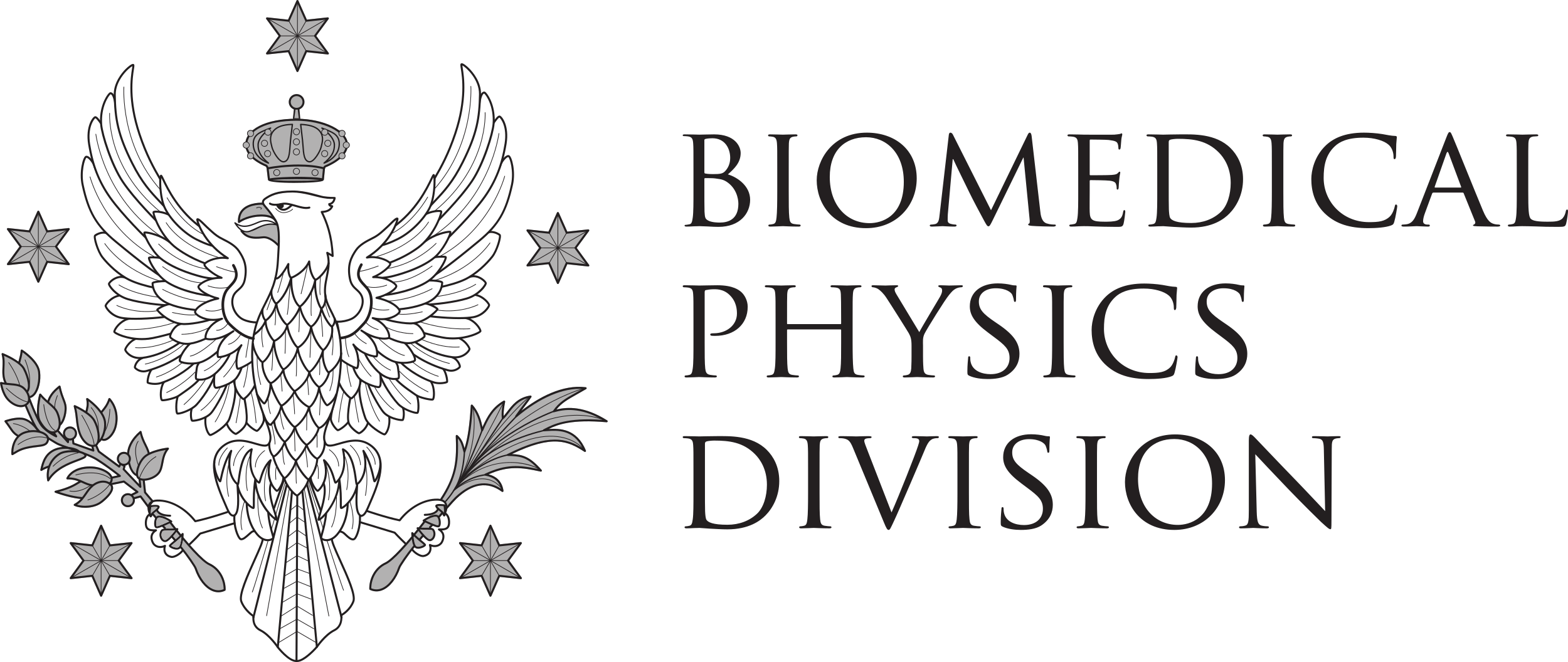Seminaria
- 2025-04-03
-
-
Seminarium Fizyki Biomedycznej
Seminarium odwołane przez prelegenta
11:15 - 12:15, seminarium stacjonarne w sali 1.40 budynek A
-
- 2025-04-10
-
-
Seminarium Fizyki Biomedycznej
Ewelina Lipiec (UJ): Uwaga, bliskie pole! Plazmoniczne nanoszczeliny dla spektroskopowego pułapkowania lokalnych modyfikacji biocząsteczek
Mimo intensywnych badań naukowych, cząsteczki życia – kwasy nukleinowe, białka i lipidy – nadal skrywają przed nami wiele tajemnic. Ze względu na niewystarczającą czułość oraz rozdzielczość przestrzenną konwencjonalnych technik analitycznych, lokalne właściwości i funkcje tych heterogenicznych cząsteczek nie zostały jeszcze w pełni zbadane.
Zastosowanie technik nanospektroskopii molekularnej dostarcza informacji o lokalnej strukturze chemicznej w nanoskali. Nanospektroskopia łączy selektywność chemiczną konwencjonalnej spektroskopii cząsteczkowej (spektroskopia Ramana lub spektroskopia w zakresie podczerwieni) z rozdzielczością przestrzenną technik mikroskopii sondy skanującej.
Nasze badania obejmują między innymi nanospektroskopową analizę struktury drugorzędowej agregujących białek i peptydów związanych z chorobą Alzheimera. Badanie rozkładu przestrzennego struktury drugorzędowej β-kartki pozwoliło na monitorowanie szlaku agregacji amyloidu-β [1]. Potwierdziliśmy, że beksaroten w znacznym stopniu spowalnia proces zmian struktury antyrównoległej β-kartki do równoległegłej [2]. Nasze pionierskie pomiary pojedynczych agregatów amyloidu-β w roztworze pozwoliły na uzyskanie wysokiego SNR dzięki relatywnie dużej pojemności cieplnej wody, która zapobiega rozkładowi termicznemu próbek podczas ekspozycji na wiązkę lasera [3]. Wyniki naszych badań umożliwiły także śledzenie lokalnych zmian molekularnych podczas patologicznej fibrylacji białka tau [4]. Za pomocą nanospektroskopii mapowaliśmy także monowarstwy lipidowe w celu określenia lokalnej dystrybucji lipidów, ich orientacji/konformacji, separacji faz oraz formowania domen [5]. Śledziliśmy również powstawanie podwójnych przerwań nici DNA (ang. Double Strands Breaks DSBs) i procesy ich naprawy [6,7].
Referencje
[1] E. Lipiec et al. Direct nanospectroscopic verification of the amyloid aggregation pathway, Angew. Chem. Int. Ed., 130, 8655-8660 (2018)
[2] K. Sofińska et al. Nanoscale insights into the local structural rearrangements of amyloid-β induced by bexarotene, Nanoscale, 15, 14606-14614 (2023)
[3] E. Lipiec et al. Nanoscale hyperspectral imaging of amyloid secondary structures in liquid, Angew. Chem. Int. Ed., 60, 4545-4550 (2021)
[4] K. Sofińska et al. Tip-enhanced Raman spectroscopy reveals the structural rearrangements of tau protein aggregates at the growth phase, Nanoscale, 16, 5294-5301 (2024)
[5] K. Sofińska et al. Revealing local molecular distribution, orientation, phase separation, and formation of domains in artificial lipid layers: Towards comprehensive characterization of biological membranes. Adv. Colloid Interface Sci., 301, 102614 (2022)
[6] S. Seweryn et al. Plasmonic hot spots reveal local conformational transitions induced by DNA double-strand breaks Scientific Reports 12 (1), 12158
[7] E. Lipiec et al. Molecular Characterization of DNA Double Strand Breaks with Tip‐Enhanced Raman Scattering Angewandte Chemie 126(1), 173-176
11:15 - 12:15, seminarium stacjonarne w sali 1.40 budynek A
-
- 2025-04-17
-
-
Seminarium Fizyki Biomedycznej
wakacje wiosenne
11:15 - 12:15, seminarium stacjonarne w sali 1.40 budynek A
-
- 2025-04-24
-
-
Seminarium Fizyki Biomedycznej
Paweł Boguszewski: biologiczne korzenie inteligencji
11:15 - 12:15, seminarium stacjonarne w sali 1.40 budynek A
-
